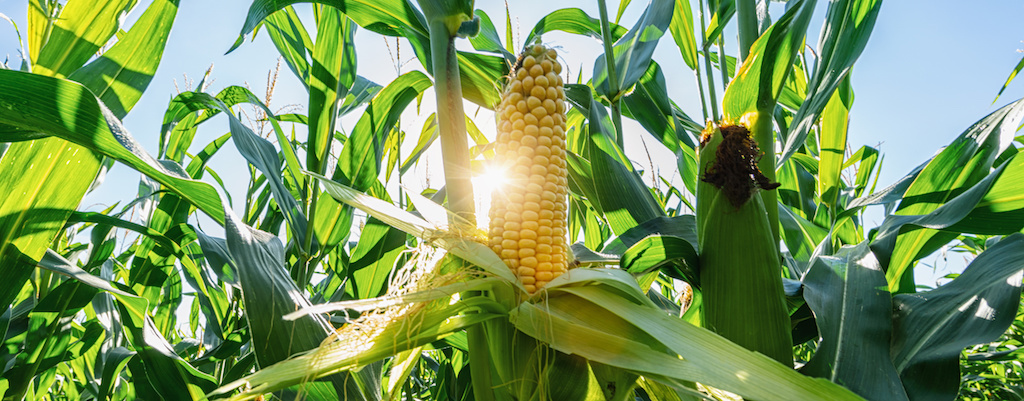Growing corn has become a vital part of the farming community, but developing the best stalks can be tough. Thankfully, the best manure spreaders USA and Canada have to offer can help. By fully understanding how to spread manure on your corn, you can make sure that it is stable and healthy for years to come. And at VTI LLC, we not only fully understand the unique demands that manure puts on your farm but can also help you create the high-quality spreading schedule that your farm needs to succeed.
How Much Manure Needs to Go on Your Corn
If you plan on using manure spreaders on your corn, you need to make sure that you apply only as much as is necessary. Adding any more will put extra strain on your soil and can cause chemical imbalances that make your ground harder on which to grow. Even worse, too little fertilizer can cause a nutrient deficiency that makes it more difficult for you to grow corn properly.
Therefore, you need to understand not only how this spread is measured but also know the proper level for corn. Typically, manure spread is measured in what experts call pounds per square acre. Most spreaders allow you to program this level so that you can achieve it with ease, while others may require you to perform other steps to apply the manure and fertilizer to your fields properly.
In most cases, it is suggested that a field of corn needs around 160 pounds per acre to achieve a good spread of manure. Usually, it would help if you spread this manure at a rate of about 25 tons per acre to make a good effect. That said, however, you may need to spread the fertilizer faster or slower depending on factors like the age of the compost and how long it has been sitting in your facility before you cover it.
Older manure typically loses much of its nutrients and won’t be as useful to your fields as younger manure. That doesn’t mean that you can’t fill your manure spreaders with this option – be aware that you may end up having to use a denser application. Just as importantly, you need to make sure that you spread your manure at the right season, as you don’t want to make any mistakes and fertilizer your corn when it isn’t needed. Doing so may compromise your crop quality in many ways.
When to Spread Manure on Corn
During each season, your corn needs to be tended to in a variety of ways. For example, you need to know when to use your manure spreaders and when to keep fertilizer off the fields. This process is one that can take a little time to fully master and may be a challenge for even the best farmers. Therefore, it is critical to take a look at what to expect during each season. Doing so can help you make sure that you don’t make any mistakes and apply manure during seasons when it isn’t necessary and waste money.
Spring
If you are growing no-till corn, you should apply fertilizer to your fields during the spring. The exact time will vary depending on your grounds and other factors. However, it is usually a good idea to focus on periods when you aren’t anticipating a lot of rain, as this helps to keep the manure fresh and as beneficial as possible for your crops.
As you spread the manure, make sure to check for its consistency throughout the fields regularly. This process is one that often requires you to get off of your tractor and check the depth. You may not have to perform this step, though, if your spreader is high-quality enough to apply manure very evenly.
Summer
During the summer, you are not going to apply any manure on your corn. There are a few reasons that you’ll avoid this step. First of all, your corn will be in the middle of its best growing season. As a result, it will only be smothered by manure if you apply it because it needs heat and other elements to say healthy.
Just as importantly, it will be too late for your no-till corn to get any nutrients and too early to fertilize the ground after silage harvests. So during this period, it is best to apply water, check your corn for any pests, and do any other maintenance steps that you need to keep your corn in great shape for years to come.
Fall
After you pick your corn and have finished your silage harvest, you should apply manure to your fields. There are a few reasons that you wait for the fall. During this season, the soil is likely to be the most leached of nutrients. After all, corn and other crops just finished developing and took many nutrients that must be replenished for next year’s crops.
Even better, the soil during the fall is soft and absorbs manure easily. Even better, your corn will be off of the fields – which means that you can more easily apply it without causing damage. So don’t hesitate to add the proper amount of manure during this season for high-quality crop yields next year.
Winter
Lastly, you can clean out your manure spreaders after your fall application, rub down the surface, and store them for the winter. You don’t need to spread any manure on no-till corn or any other smooth surfaces or crops during the winter months. There are a few reasons you skip this season for corn and for most other crops as well.
First of all, the winter soil will often be too hard to absorb much manure, and you won’t get much of an effect from it. Secondly, your crops will already be quite rich with manure after your fall application. Remember: with corn, a little bit of fertilizer goes a long way towards creating a good effect and enhancing your crops.
Don’t Neglect Expert Help
As you can see, spreading manure on corn isn’t a difficult task if you know what you’re doing and know when it is right to spread this fertilizer. Before you start, though, you need to make sure that you work with the best manure spreaders in the USA and Canada. That’s where we at VTI LLC can be so helpful. Our professionals have years of experience working in this field and know how to help you get your fields in order. So please don’t hesitate to contact us today to learn more and get started.

